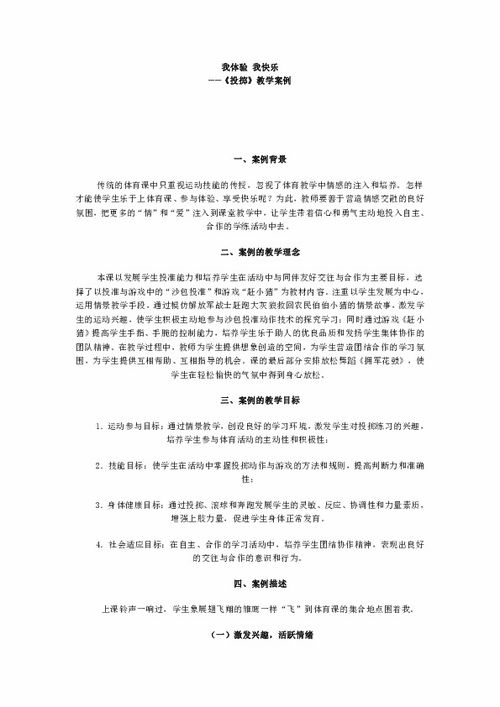In designing a sports theory course, it's crucial to create a structured and engaging lesson plan that covers essential topics, encourages critical thinking, and fosters a deep understanding of sports principles. This sample lesson plan aims to provide a framework for educators to develop their own comprehensive curriculum.
The primary objective of this lesson plan is to introduce students to fundamental concepts in sports theory, including biomechanics, exercise physiology, psychology, and sociology of sports. By the end of the course, students should be able to analyze and apply theoretical principles to enhance athletic performance, prevent injuries, and understand the cultural significance of sports.
This lesson plan is designed for a single 90minute session. However, educators can modify the duration based on their teaching schedule and the depth of coverage required for each topic.
PowerPoint presentation or whiteboard and markers
Handouts of key concepts
Video clips of sports movements for biomechanical analysis
Case studies or realworld examples for discussion
Define sports theory and its significance in athletic performance.
Discuss the interdisciplinary nature of sports theory, incorporating concepts from biomechanics, physiology, psychology, and sociology.
Briefly introduce the key topics to be covered in the course.

Define biomechanics and its relevance to sports performance.
Discuss principles of biomechanics such as motion, force, and torque.
Analyze sports movements using biomechanical principles (e.g., running gait analysis, throwing techniques).
Show video clips of athletes demonstrating proper biomechanical techniques.
Define exercise physiology and its role in understanding human performance.
Discuss physiological responses to exercise, including cardiovascular, respiratory, and muscular adaptations.
Explain the principles of training and how they apply to improving athletic performance.
Introduce concepts such as aerobic vs. anaerobic exercise, VO2 max, and lactate threshold.
Define sports psychology and its impact on athletic performance.
Discuss psychological factors affecting performance, such as motivation, confidence, and concentration.
Introduce mental skills training techniques, including visualization, goal setting, and selftalk.
Explore the role of stress, anxiety, and arousal in sports performance.
Define sociology of sports and its focus on the social aspects of sports participation.
Discuss the role of sports in society, including issues of gender, race, and social class.
Explore topics such as sports fandom, media representation, and the commercialization of sports.
Analyze case studies or realworld examples to illustrate sociological concepts in sports.
Summarize key points covered in the lesson.
Encourage students to ask questions and participate in a brief discussion.
Assign readings or homework related to the topics covered in the lesson.
Formative assessment: Observations of student participation and engagement during class discussions and activities.
Summative assessment: Assignments or quizzes to test understanding of key concepts covered in the lesson.
Performance assessment: Analysis of students' ability to apply theoretical principles to realworld scenarios, such as designing training programs or critiquing sports performances.
Designing an effective sports theory course requires careful planning and consideration of diverse disciplinary perspectives. By following this lesson plan outline, educators can create an engaging and comprehensive learning experience that equips students with the knowledge and skills to excel in the field of sports theory.